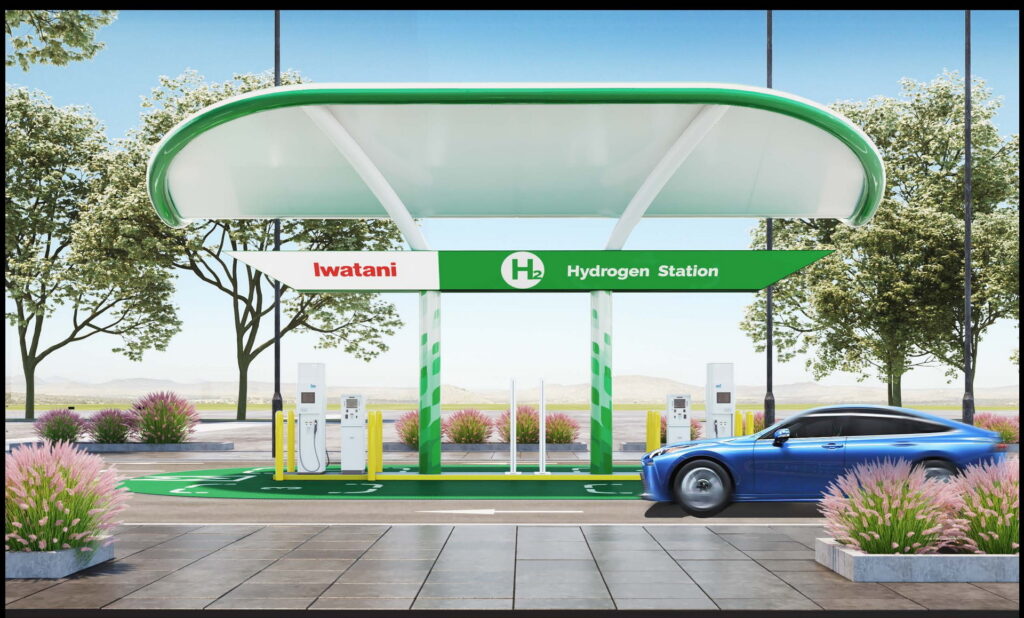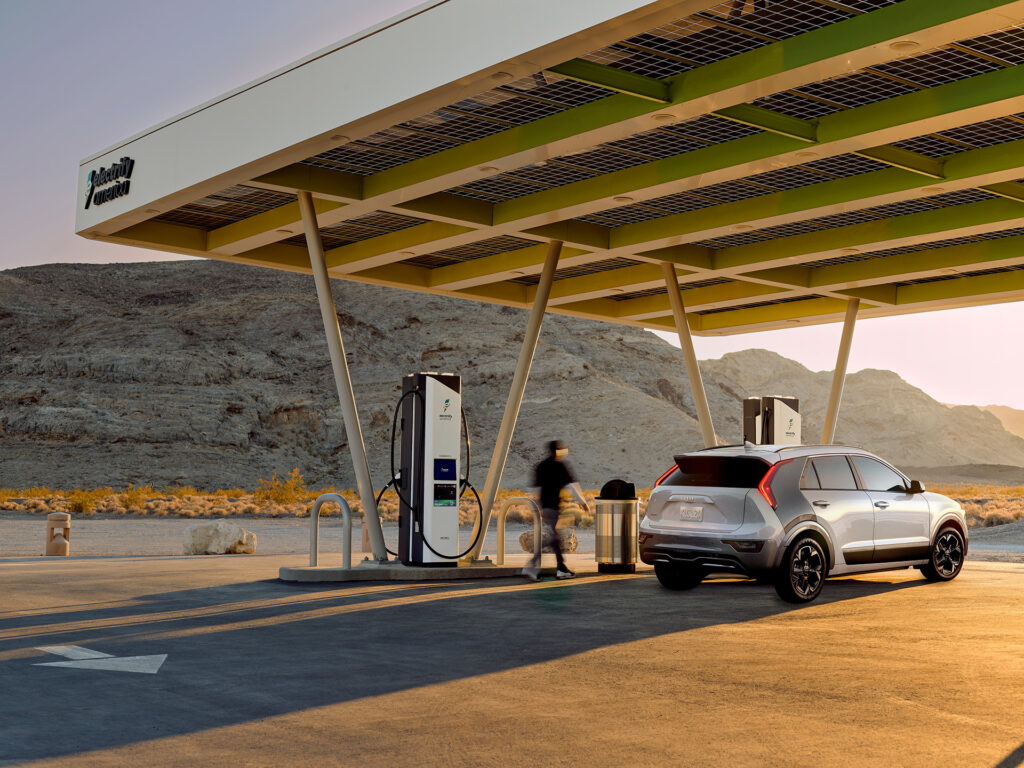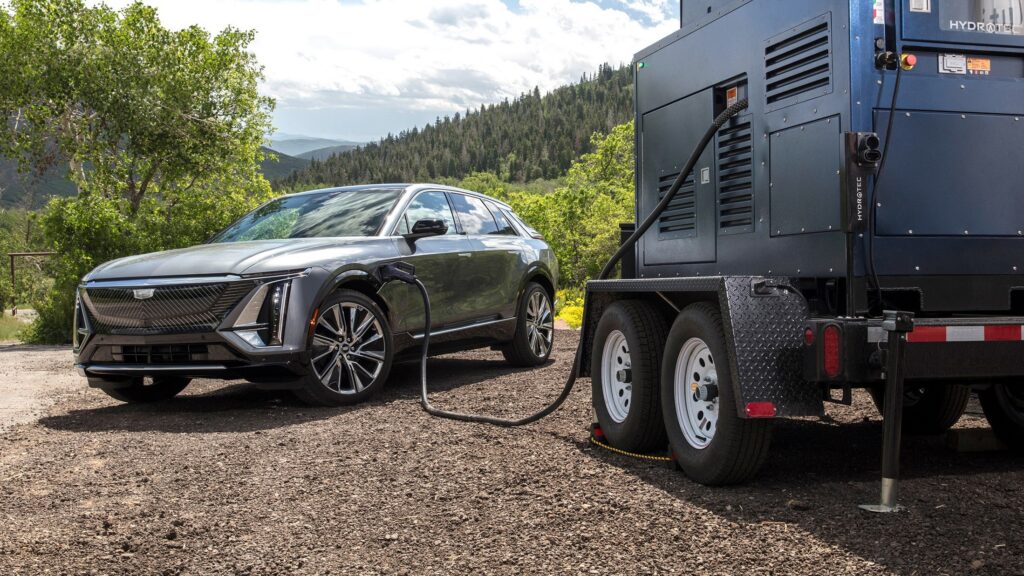Policymakers at the Oregon Department of Environmental Quality on Monday approved a rule that will ban the sale of new, internal combustion engine-only passenger vehicles by the year 2035.
The rules allow for the sale of hydrogen, electric, and plug-in hybrid vehicles after that time. Although the last type is allowed to run, in part, on gasoline, they were allowed in order to offer for some flexibility for Oregon’s rural population, where charging stations may be harder to find, reports Oregon Live.
The rules do not affect vehicles that are already on the road, and do not prevent them from being bought or sold on the second-hand market. Manufacturers selling new vehicles, though, will have to increase the proportion of zero (or reduced) emissions vehicles that they sell over time.
The rules, based on standards set by California, require that 35 percent of an automaker’s sales in the state be of electric, hydrogen, or plug-in hybrid vehicles, as of 2026, increasing to 100 percent by 2035. Environmental Quality Commissioner Amy Schlusser says that the state will continue to evaluate the program, taking a serious look at it again in 2028. She added that the rules are simply a mechanism to ensure that electrification is handled predictably and well.
Read: New York Follows California’s Lead, Expedites Efforts To Ban New Gas Car Sales By 2035

“It’s a great opportunity for us to put ourselves on a strategic and more equitable path,” said Commissioner Schlusser. “If we don’t adopt the rule, the system will still electrify. We just won’t have the same options, and we won’t upgrade the grid in a strategic, proactive way.”
Now that Oregon is following California’s lead, and is joined by Washington in limiting the sale of internal combustion vehicles, the entire west coast of the United States is expected to stop the sale of new gas-only passenger vehicles in the 2030s. They will be followed by more than a dozen other states, that are looking to follow suit.
Although the commission said that it received 500 comments in support of the new rules, it also received 200 against, per the Associated Press. Commissioner Greg Addington was one of the more prominent opponents to the new standards and voted against them.
He said that there are many Oregonians, especially those in rural areas, who do not agree with these rules. In addition to the current, meager state of EV infrastructure, he pointed to the high price of electric vehicles, as reasons for his opposition.
As EVs increase in popularity, though, the infrastructure that supports them is also growing. Supporters argue that by creating regulatory certainty around the future of EVs, it will be easier for manufacturers and utilities to make clear decisions in support of them.
The rules also require manufacturers to increase access of zero-emissions vehicles to low-income households and communities of color through community car share programs, the production of lower-cost vehicles, and low-income assistance programs. That will be in addition to incentives provided for buyers through the federal Inflation Reduction Act.





